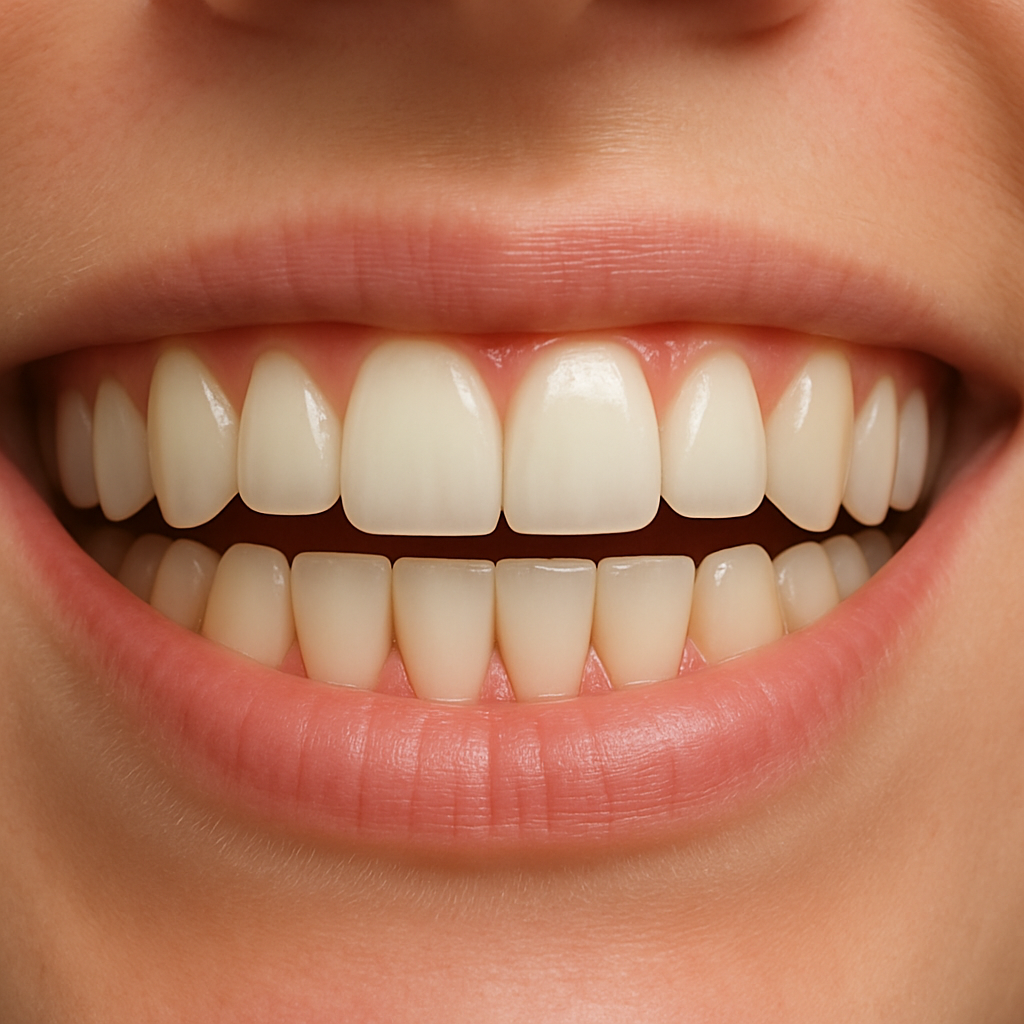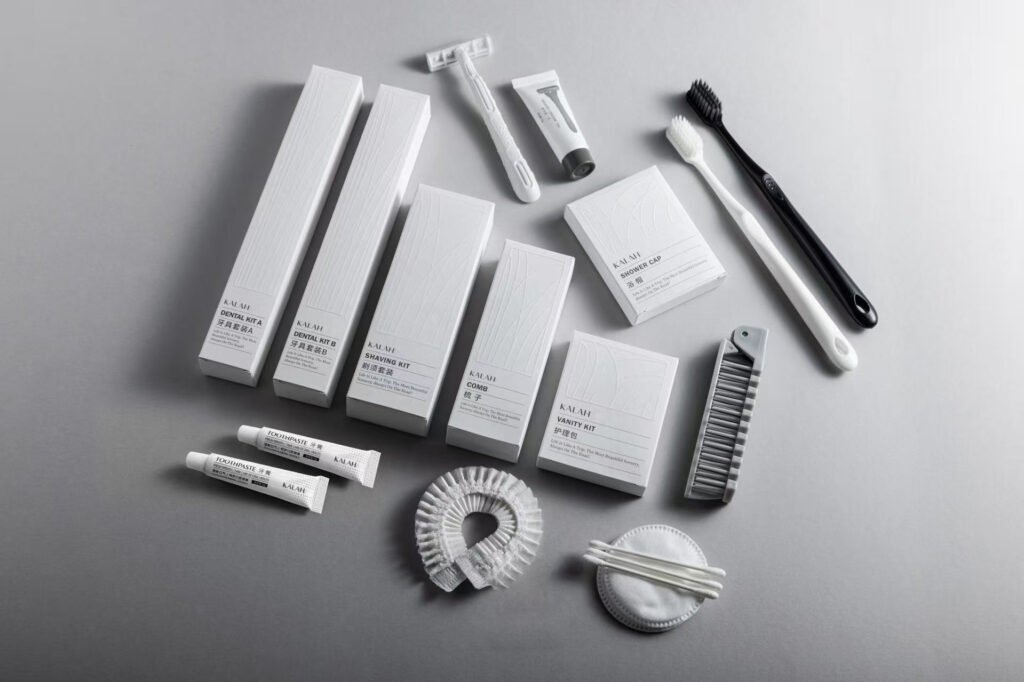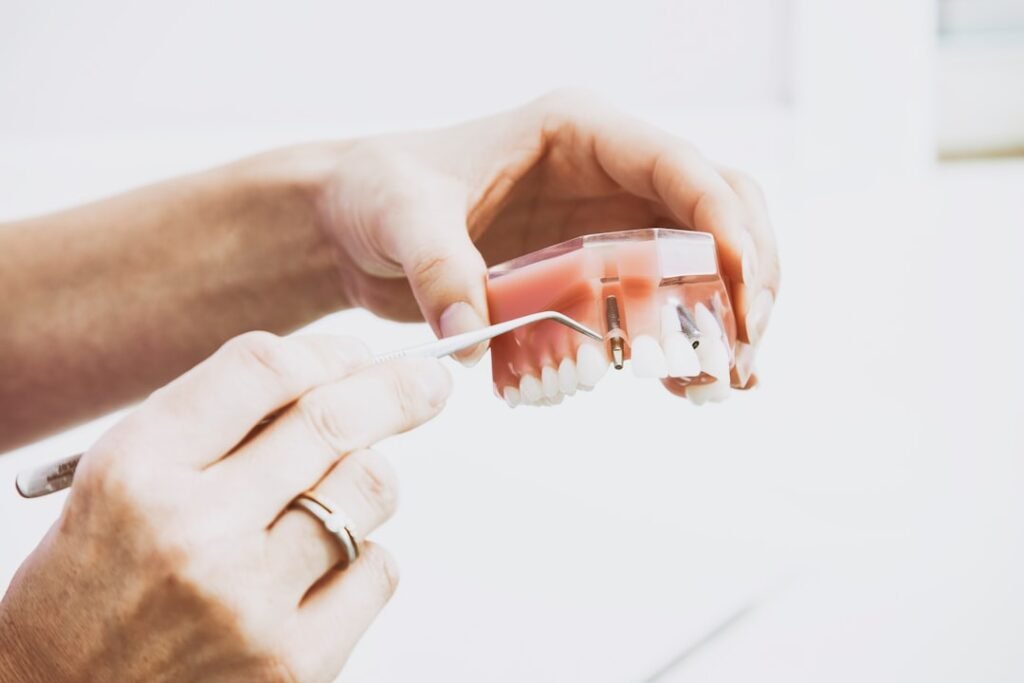Maintaining oral health is crucial for a confident smile and overall well-being. Regular visits to the dentist are important. However, daily habits also help keep your teeth and gums healthy. This guide provides expert tips to help you maintain excellent oral health and avoid common dental problems.

Oral health refers to the well-being of your entire mouth, including your teeth, gums, and supporting structures. Good oral hygiene practices help prevent dental problems like cavities, gingivitis, and more severe issues such as periodontal disease.
What is Gingivitis?
Gingivitis is an inflammation of the gums caused by plaque buildup on the teeth. If untreated, it can progress to more severe gum diseases. Regular brushing and flossing are essential to prevent gingivitis.
What are Cavities?
Cavities are holes in the teeth caused by tooth decay. They occur when acids produced by bacteria in the mouth erode the tooth enamel. Proper oral hygiene can help prevent cavities.
Best Oral Hygiene Habits
Developing a daily oral care routine is vital for maintaining healthy teeth and gums. Here are some of the best practices:
Choose the Right Toothbrush
A good toothbrush is essential for effective cleaning. Whether you prefer a manual or electric toothbrush, ensure that it has soft bristles. Hard bristles can damage your gums and enamel.
Cracked Toothbrush
Replace your toothbrush every three to four months, or sooner if the bristles are frayed. A cracked toothbrush is less effective and can harbor bacteria.
Best Toothpaste Brands
Selecting the right toothpaste is key to oral health. Look for brands that contain fluoride, which helps strengthen teeth and prevent cavities. Some top toothpaste brands include Colgate, Crest, and Sensodyne.
The Importance of Flossing
Flossing helps remove food particles and plaque between teeth, areas that toothbrushes can’t reach. Consider flossing with a toothbrush that has a built-in flossing tool for added convenience.
Should You Brush Your Gums?
Gently brushing your gums is beneficial for removing plaque and stimulating blood flow. Use a soft-bristled toothbrush and light pressure to avoid damaging your gums.
How to Improve Gum Health

For healthy gums, maintain a consistent oral hygiene routine and consider using an antiseptic mouthwash. Eating a balanced diet rich in vitamins and minerals also supports gum health.
Risks of Not Brushing Your Teeth
Failing to brush your teeth regularly can lead to a variety of dental problems, including:
- Tooth decay and cavities
- Gum disease, such as gingivitis
- Bad breath
- Tooth loss
Dental Problems and Their Solutions
Common dental problems include cavities, gum disease, and bad breath. Regular dental check-ups, proper oral hygiene, and a healthy diet can help prevent these issues.
How Common are Cavities?
Cavities are one of the most common dental problems, affecting people of all ages. Good oral hygiene and regular dental visits are crucial for prevention.
Strengthening Your Teeth

by Peter Kasprzyk (https://unsplash.com/@petekasprzyk)
There are several ways to strengthen your teeth and prevent decay:
How to Make Your Teeth Stronger
- Use fluoride toothpaste to help remineralize and strengthen enamel.
- Limit sugary foods and drinks that contribute to tooth decay.
- Chew sugar-free gum to stimulate saliva production, which helps protect teeth.
Good Things for Teeth
Foods rich in calcium and phosphorus, such as cheese and nuts, are good for your teeth. These nutrients help strengthen enamel and promote oral health.
Advanced Dental Care
For more serious dental issues, consider these advanced care options:
Dental Scales and Cleanings
Regular professional cleanings and scalings help remove plaque and tartar buildup that can lead to gum disease.
Adult Dentistry
Adult dentistry focuses on the special needs of older patients. It deals with problems like tooth wear, gum recession, and fixing damaged teeth.
CareQuest Oral Health Institute
The CareQuest Oral Health Institute is dedicated to improving oral health through innovation and education. They provide valuable resources for both dental professionals and patients.
Conclusion
Maintaining oral health requires a commitment to daily hygiene habits and regular dental visits. By following these expert tips, you can keep your teeth and gums healthy, prevent common dental problems, and ensure a lifetime of confident smiles. Remember, your oral health is an integral part of your overall well-being, so take care of it diligently.
